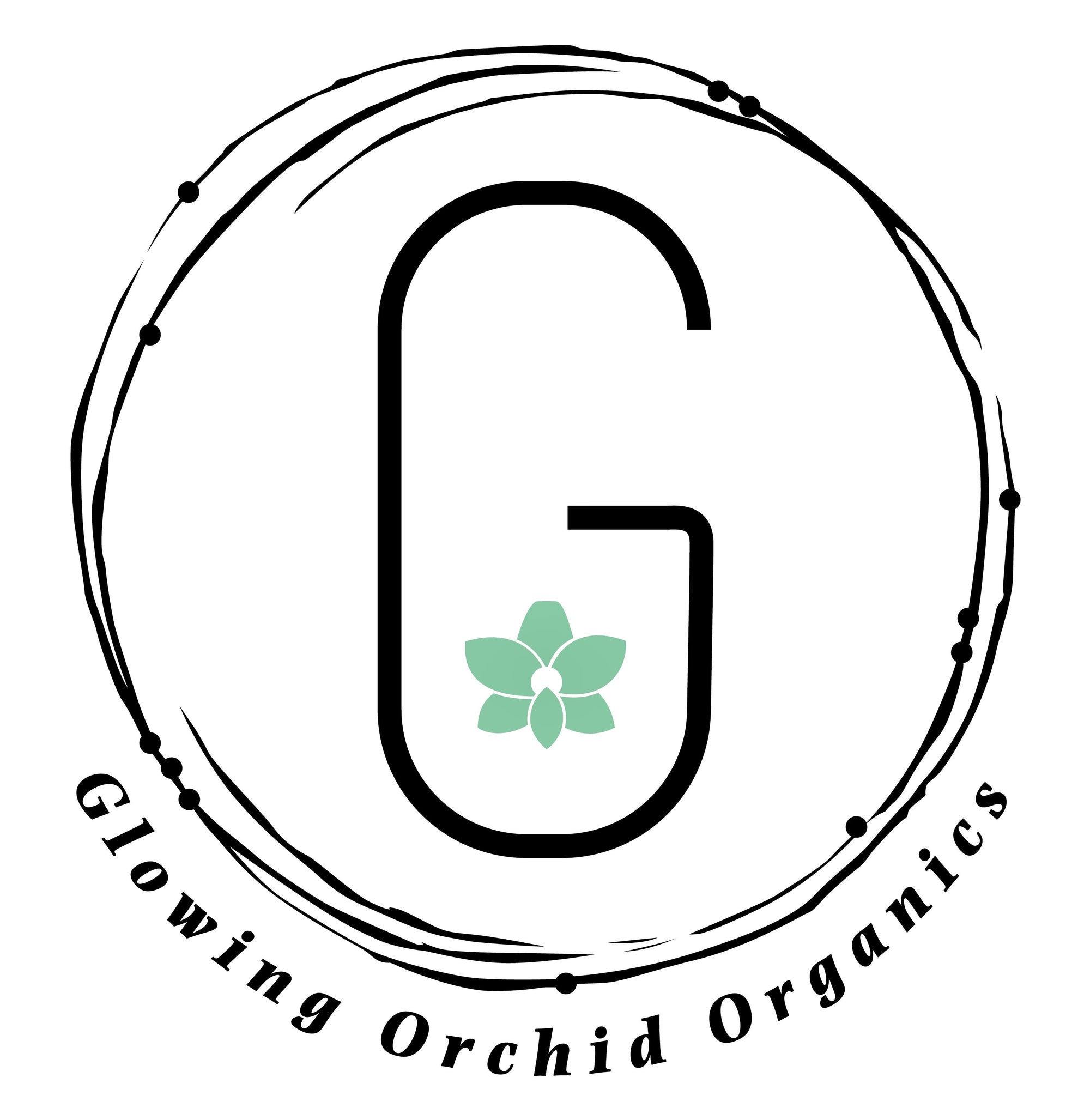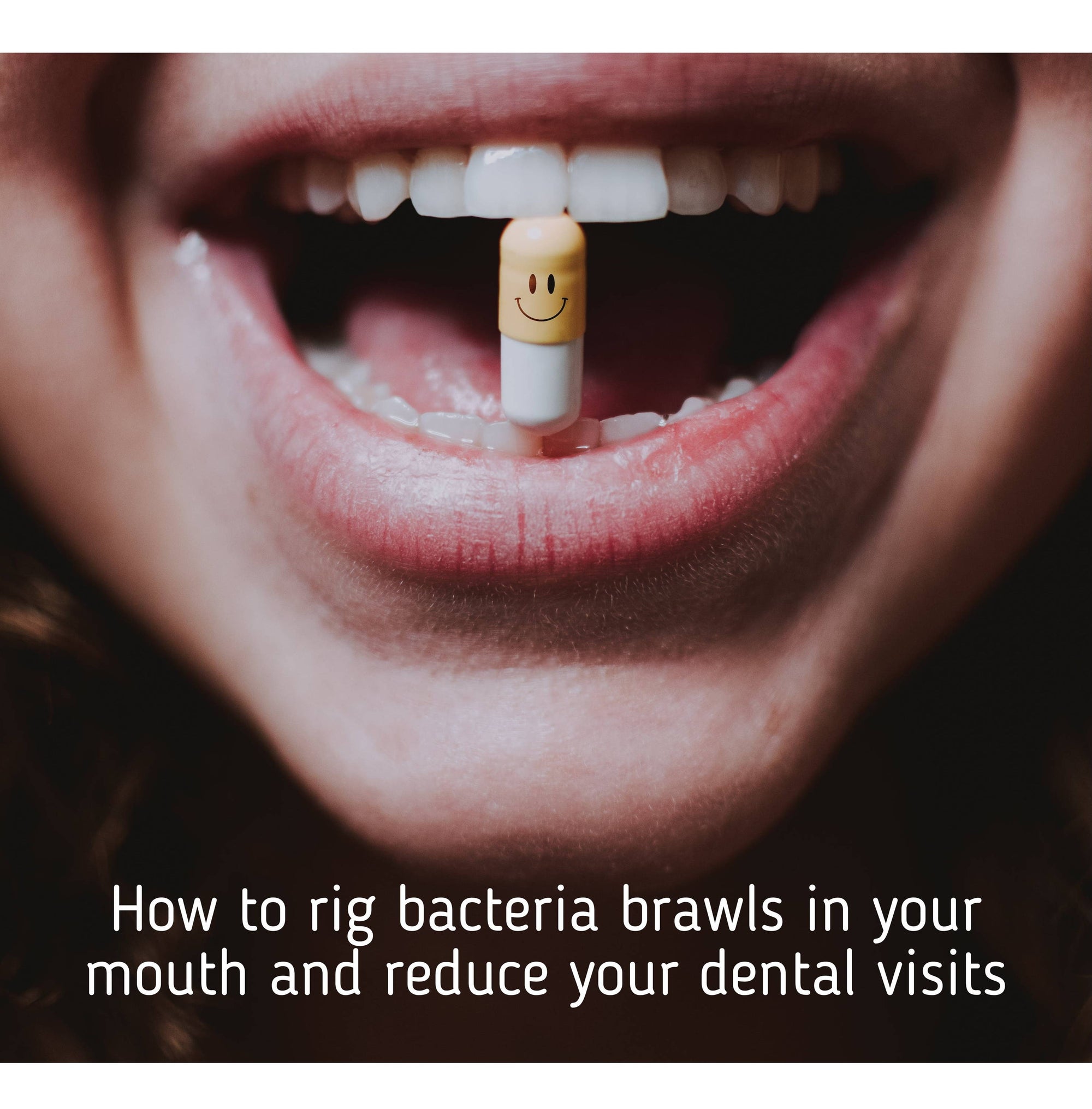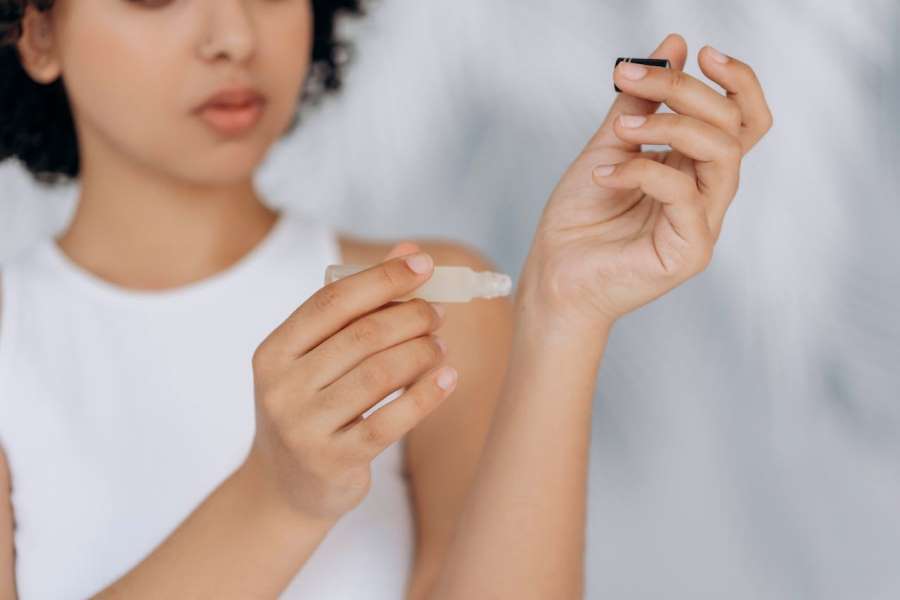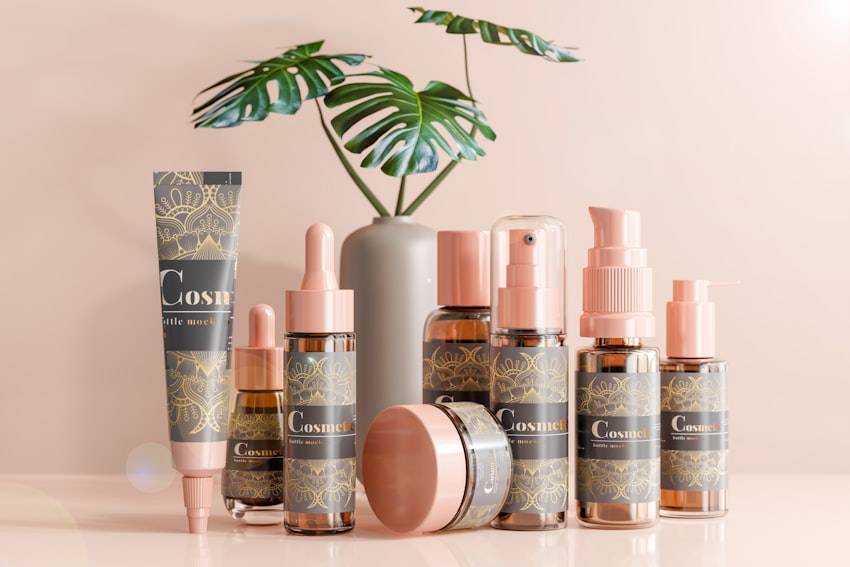We've all heard about how important the gut microbiome is for our immune system, digestion, and even our mental health, but what about our oral microbiome? If we want to take proper care of our well-being, we shouldn’t overlook the dynamic microbial environment in our oral cavity and its role in keeping our body and mind healthy.
Love the scents, feels good on my skins and seems to last all day. :) wonderful natural products.
Just done get them to hot.
The Helichrysum & Frankincense Face Cream is a huge favourite of mine. It's rich & creamy yet absorbs quickly, leaving skin feeling smooth and soft.
Thank you for this quality product.
I love this deodorant formula the best out of every natural kind I’ve tried (including homemade recipes!). The balance is PERFECT - it leaves a powdery finish, rather than an oily one like most comparable products, which saves so much staining on my clothing!
The Immune Defence blend is my go-to through cold & flu season for a little extra boost to my lymphatic system as I massage it into my underarms each day.










